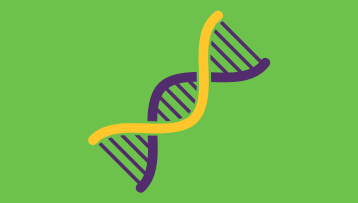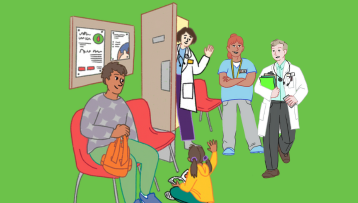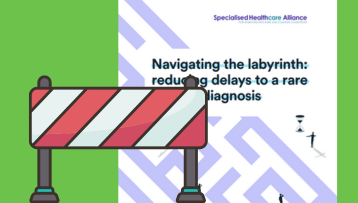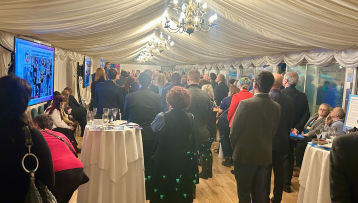Recently, the All Party Parliamentary Group on Rare, Genetic and Undiagnosed Conditions published a report which showed that the UK Strategy for Rare Diseases
is not being implemented effectively in England. You can read the full report online on the Rare Disease UK website. The four nations of the UK
have until 2020 to implement the 51 commitments outlined in the plan., While the departments of health in Wales, Scotland and Northern Ireland have
all developed implementation plans, the Department of Health in England has not.
The APPG’s report found that:
- Too many people are struggling to access treatment and information about their condition and care that is coordinated between health and social care services.
- Too many people do not feel involved in decisions about their care and treatment.
- Too many people do not understand what is being done to improve their situation, because developments and progress in this area are not being communicated properly.
New threat to rare disease patients
In the Strategy, NICE is responsible for implementing Commitment 13 to “ensure that there are appropriate procedures for evaluating the costs and benefits of treatments for patients”.
However, NICE has recently announced its decision to implement changes to the programme for evaluating medicines for rare diseases, despite widespread
condemnation from the rare disease community. This conflicts with Commitment 13 in the Strategy. In future, a measure called the Quality Adjusted Life
Year (QALY) will be used in NICE’s evaluation rare disease medicines. QALYs have not previously been used to evaluate rare disease medicines because
they do not fully capture the benefit a treatment can offer to patients and families affected by a rare condition. A new upper limit has been introduced
in relation to the cost of the medicine. The upper-limit will vary according to the life-long impact of the medicine on the patient. NICE has so far
approved 4 rare disease medicines that bring tremendous value to the patients eligible to receive them. Under the new rules, none of these treatments
would have been approved.
The plans represent a risk to rare and genetic disease patients and their ability to access life-changing treatment.
Please join the TSA and the Genetic Alliance UK and act today, ahead of a Westminster debate on Tuesday 28th March.
Write to your MP
- Please download this template letter and fill in
the sections in red with your details.
- Find your local MP here and email them
- Please CC our email account, social@tuberous-sclerosis.org when you send your email or letter so that we can follow up with these MPs.
Become a case study
The Genetic Alliance UK are looking for people that may be impacted by these changes. For example, patients with experience of:
- Life without any treatment
- The impact that access to an innovative treatment can have on patient and family
- The impact of waiting for NICE/NHSE to make a decision about commissioning for an innovative treatment or waiting for a treatment that can be accessed
elsewhere in the EU or US
- Taking part in research to develop treatments or accessing treatment through a clinical trial
Please send case studies to beth.mccleverty@geneticalliance.org.uk and cc social@tuberous-sclerosis.org










































































































































